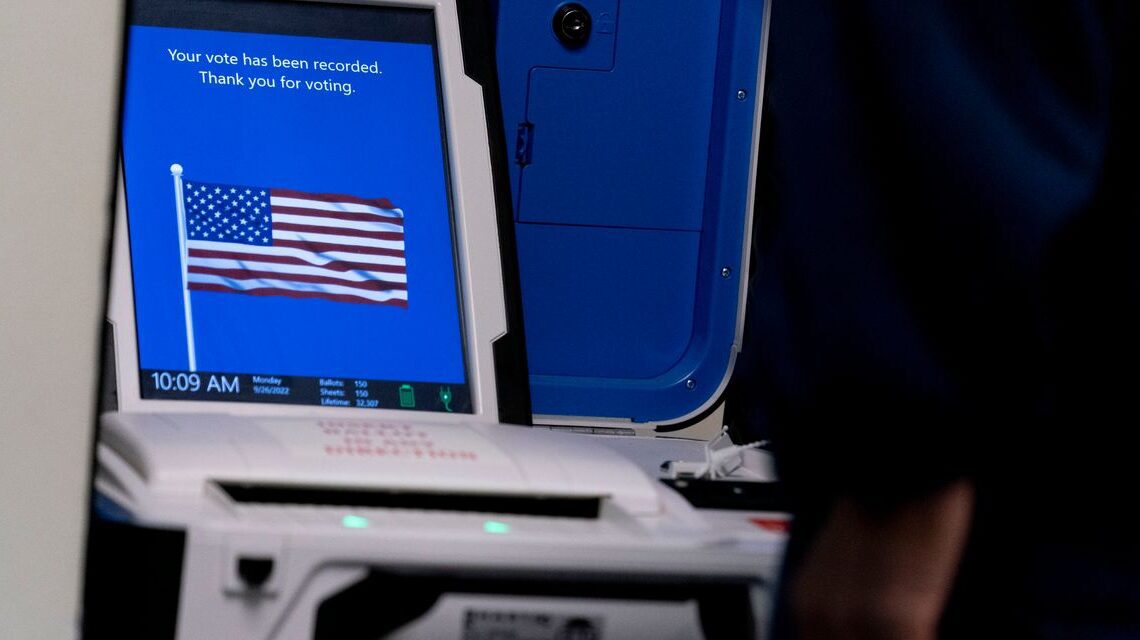The Republican Party is on the cusp of a substantial midterm election victory that could rival their wins in 1994 and 2010.
There has been a 3-point swing to Republicans in generic-ballot polling in just the last month, according to the RealClearPolitics average. Democrats led by as much as 1.3 points in September, but as of Monday, Republicans were up by 1.8.
A late September ABC News/Washington Post poll found the Republican advantage concentrated where it’s needed most. The GOP had a 5-point lead among likely voters nationwide, but a 21-point margin in “competitive” congressional districts. Other battleground-district polls, from CBS News, Economist/YouGov and CNN, showed the GOP with a much narrower lead, but a consistent one.
What does that mean for seats? The House’s current breakdown is 220-212 in favor of the Democrats, with three vacant seats. A majority of a full House is 218. As of Sunday, RealClearPolitics rates 221 seats as leaning, likely or securely Republican, to 176 for the Democrats. The other 38 seats are toss-ups.
If there are no upsets on either side and the toss-ups are evenly split, that brings Republicans to a 240-195 majority—a gain of 28 seats. A Republican sweep of the toss-up races would expand the majority to 259-176. That’s vanishingly unlikely, but so is a Democratic sweep of the toss-ups—which would still leave the GOP with a seven-seat majority.
Historical trends favor Republicans too. In midterm elections since 1982, generic polling averages in the weeks leading up to the election have overestimated the president’s party’s vote margin by an average of 3.5 points, according to FiveThirtyEight. When the president was a Democrat (in 1994, 1998, 2010 and 2014), the overestimate averaged 8.6 points.
The Senate has become less prone to major shifts as voting patterns have tended to line up with those in presidential races. Since 2014, the Republicans have never held fewer than 50 seats or more than 54. But with the chamber divided 50-50, a net gain of a single seat would give the GOP control. RealClearPolitics projects the Republicans will gain two seats, in Georgia and Nevada, and hold their current seats, for a 52-seat majority.
Republican gains in House and Senate polling have coincided with a shift in the national issues agenda that has been favorable to the GOP. Voters are focusing again on inflation, a major…
Click Here to Read the Full Original Article at RSSOpinion…

